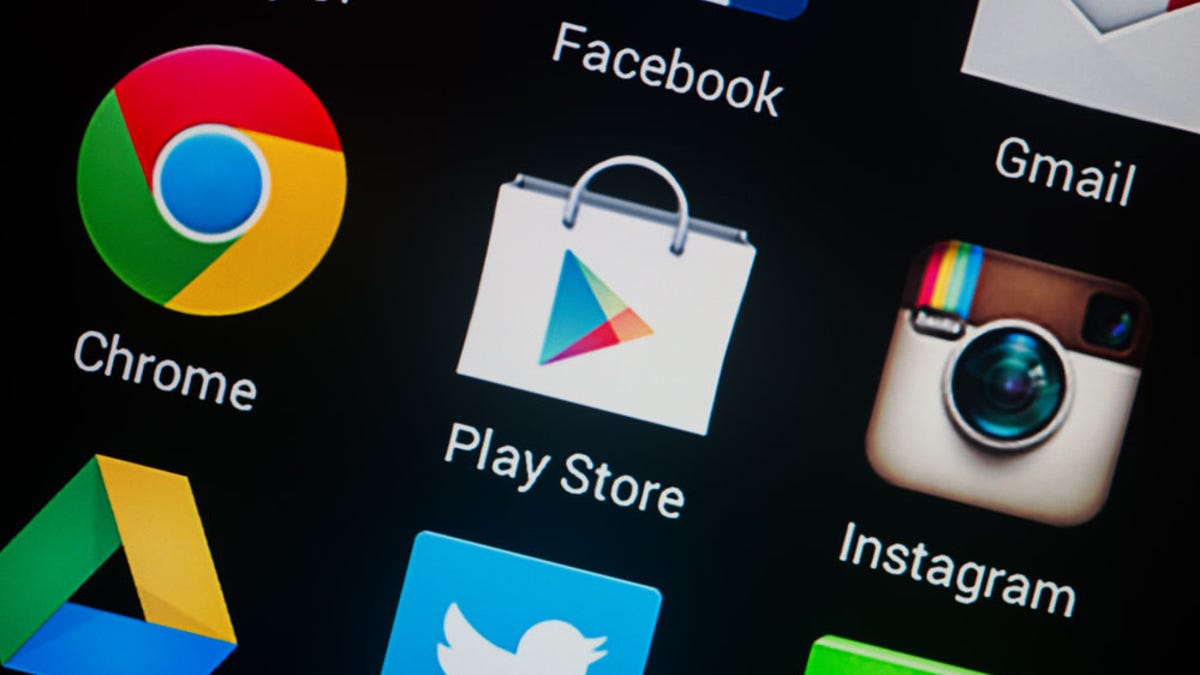 Regularly uninstalling unused apps from your smartphone (and disabling unnecessary app permissions) does more than just free up extra storage space—it helps keep your personal data safe. Case in point: Several third-party Android apps were recently implicated in a data breach that affected millions of Facebook and Twitter users.
Regularly uninstalling unused apps from your smartphone (and disabling unnecessary app permissions) does more than just free up extra storage space—it helps keep your personal data safe. Case in point: Several third-party Android apps were recently implicated in a data breach that affected millions of Facebook and Twitter users.
Twitter disclosed the details of the attack in a blog post on Monday. A number of third-party apps containing malicious software were able to exploit vulnerabilities in Android devices to access certain Twitter and Facebook account information.
Twitter assures users that this was not an attempt to take control of anyone’s account, but the apps were still able to access personal information like names and even genders, as well as usernames and emails.
The fraudulent apps were reported to Google and Apple, and it appears no iOS users were affected at this point. Android users who may have had their information lifted will be notified by Twitter and/or Facebook soon, so keep an eye on your email if you’re worried.
Even if it turns out you made it through this latest data breach unscathed, it’s a good reminder to audit the apps installed on your devices if you haven’t in some time:
- Scroll through your device’s apps window and delete any you don’t use or recognize by long-tapping the app’s icon then dragging it to the “Uninstall” option that appears.
- You should also check up on what permissions you’ve given the apps installed on your device. Go to your Settings menu, search for “permissions,” and tap the option to open the app permissions menu.
- Turn off any permissions that seem unnecessary or that you’re uncomfortable with (this may be slightly different depending on your device and version of Android). Note that some apps will no longer be usable if certain permissions are disabled.
- Be smart about what you’re downloading and installing onto your devices. Don’t install shady third-party apps, no matter how interesting it might be, and always download from certified sources like the Google Play Store, Amazon Store, or APK Mirror. Do your homework and vet each app you install by reading reviews, checking the permissions before installing, and checking forums or support pages for any reports of malicious activity. Even seemingly legitimate-looking apps from official sources can be malware—such as the most recent crop of apps that stole user information from Twitter and Facebook.
[“source=lifehacker”]





